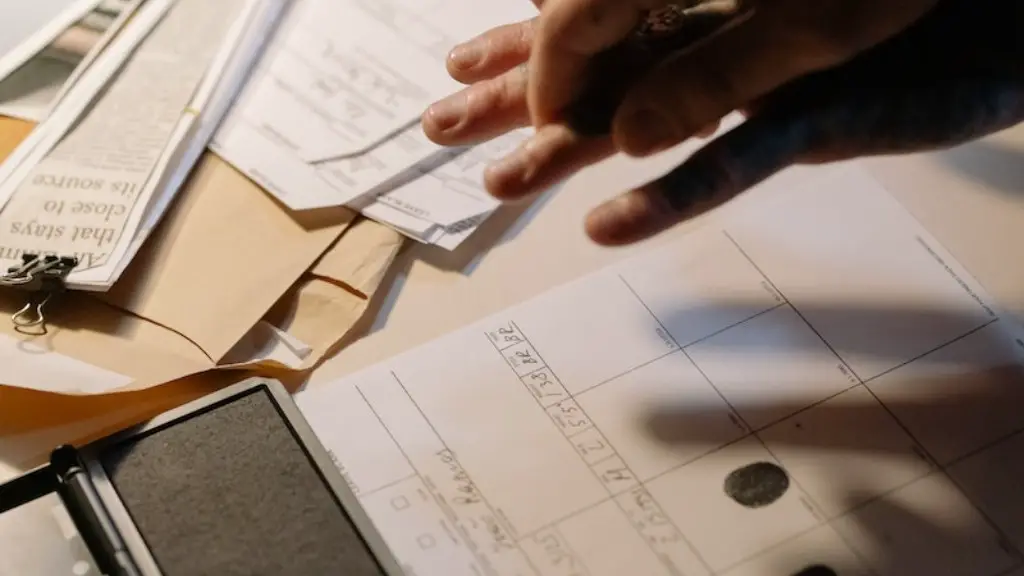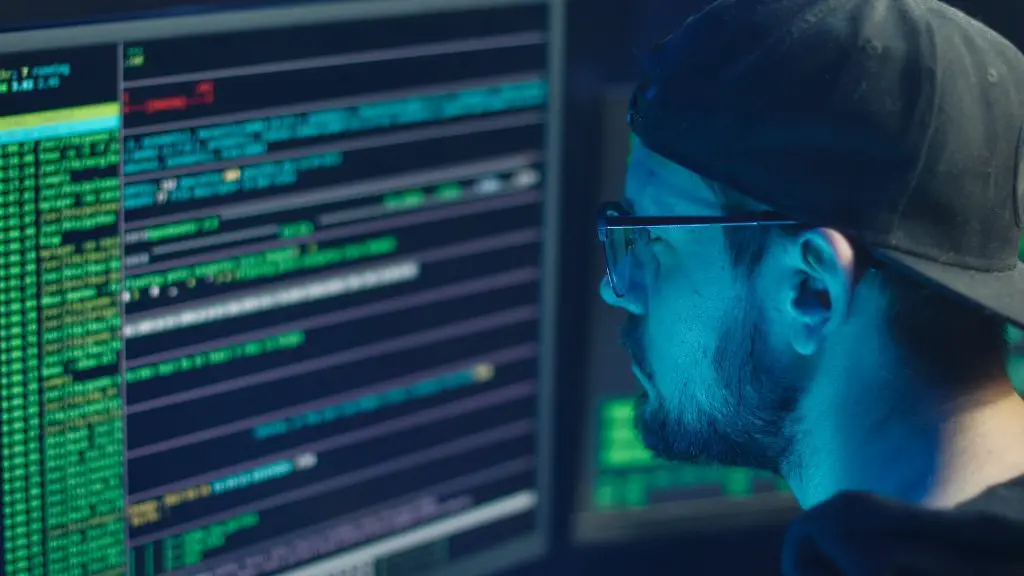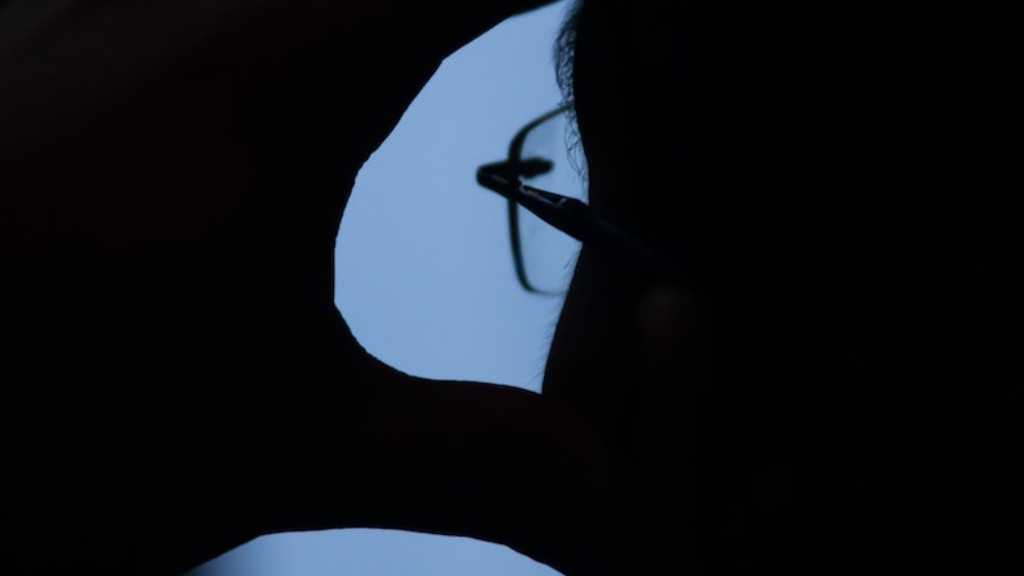When Was The CIA Made?
The Central Intelligence Agency (CIA) is an independent agency of the US Government responsible for gathering, processing and analyzing national security information from around the world. The CIA was established by the National Security Act of 1947 and made its first Director in the same year. Since then, the CIA has been a powerhouse of gathering and analyzing intelligence, both in terms of defense and other policy matters.
The National Security Act of 1947 was a major milestone in the evolution of US intelligence. The Act was largely a response to the perceived threat of a newly formed Soviet Union, which established emergency defense measures in the aftermath of World War II. In addition to establishing the CIA, the Act also created an Executive Office of the President, the National Security Council, and the Joint Chiefs of Staff, all of which coordinated the country’s defense posture and provided the President with timely and accurate national security information.
The CIA was created primarily to collect, collate and deliver intelligence data. It was also tasked with analyzing this data and producing reports that could be used by the President and other officials in making decisions. This role has expanded over the years and the CIA now has a wide range of responsibilities, from providing analysis and advice to the President to performing covert operations and other activities in support of US foreign policy.
The CIA has been criticized by some for its various controversial activities, including its involvement in military coups in South and Central America, and its contribution to the US unwinnable war in Vietnam. Despite this, many experts agree that the CIA has largely played a critical role in the US government, helping to ensure national safety and protecting US interests abroad.
To this day, the CIA remains an important intelligence agency in the US, responsible for providing the US President and other officials with accurate and timely intelligence information. Its activities are often hidden beneath a layer of secrecy, and its operations and goals remain largely unknown to the public. However, its history and importance to the US government remain undeniable.
CIA Intelligence Gathering
The CIA is responsible for gathering foreign intelligence information from a wide variety of sources. This includes human intelligence (HUMINT) sources, such as spies and informants, as well as signals intelligence (SIGINT) sources, such as radio, microwave and satellite transmissions. The CIA is also responsible for using sophisticated sophisticated eavesdropping techniques such as tapping phones and bugging offices, to collect foreign intelligence information.
The Agency also carries out a variety of other activities in order to obtain intelligence. These include covert operations, such as proxy wars and propagating false information, as well as liaising with other federal law enforcement agencies and international intelligence organizations. The CIA also has a research and development division, which works on advanced intelligence gathering technologies.
The CIA is responsible for providing the US government with independent and accurate intelligence information, in order to make timely and effective decisions. This information is used by decision-makers to assess key areas, such as national security, foreign policy, and economic and military matters.
The Agency is also responsible for making sure that intelligence information does not fall into the wrong hands, and takes measures to protect their sources and methods. To this end, the CIA works closely with other intelligence agencies, such as the National Security Agency, to ensure proper security protocols are in place.
The CIA Today
Today, the CIA continues to play an important role in US defense and foreign policy. Its activities are largely classified, and the Agency maintains a high level of secrecy in order to prevent its operations from being compromised. Despite this, the CIA is widely seen as a vital component of US national security, and its activities continue to be a source of much debate and controversy.
The Agency is one of the few US intelligence agencies that has been allowed to exist with almost complete autonomy. As a result, it is largely free to pursue its goals with very little interference from other government agencies. This independence has allowed the CIA to be highly effective in gathering and analyzing intelligence, and to perform its role without external influence.
The CIA is also very active in modern-day technology, and is known to take advantage of new technological advancements in order to gather and process intelligence data. This includes the use of robotics and artificial intelligence in order to analyze data more quickly and accurately. In addition, the Agency has access to various computer networks, satellite and aerial surveillance technologies, and other advanced data-gathering methods.
CIA Oversight and Accountability
The CIA is subject to a number of oversight and accountability structures. These include both internal and external structures, designed to ensure the Agency is operating within the bounds of the law and following proper procedures. The CIA’s Inspector General is one example of an internal oversight body, while Congress is an example of an external body responsible for monitoring the Agency’s activities.
The CIA is also required to report certain activities to the President and to Congress. This includes information on covert activities that the Agency has undertaken, as well as details of any intelligence operations or programs. These reports must include any legal violations or abuses that the Agency has committed during its operations, as well as any proposed changes to the Agency’s activities or policies.
In addition, the CIA is also subject to regular audits and reviews conducted by independent audit organizations and congressional committees. These audits and reviews are designed to ensure the Agency is acting within the scope of its authority, and is following proper guidelines and procedures.
Critics of the CIA
Despite its role in protecting US national security, the CIA has faced significant criticism from both inside and outside the US. In particular, it has faced fierce criticism for its involvement in military coups in South and Central America, and its contribution to the US unwinnable war in Vietnam.
Critics of the Agency also point to its lack of transparency and accountability. Due to the Agency’s high level of secrecy, it can be difficult to hold the CIA accountable for its actions, even when its activities deviate from the stated purpose or goal. Additionally, its non-transparent operations and secrecy make it difficult for citizens to know what the CIA is up to and how it is accountable for its operations.
The CIA has also been criticized for its controversial interrogation techniques, which have been widely condemned by human rights activists. Additionally, the Agency has been criticized for its use of surveillance technology and of conducting operations without proper oversight.
The Role of the CIA
Ultimately, the role of the CIA is to ensure the safety of US citizens and US interests abroad. The Agency is tasked with providing timely and accurate intelligence information to the US government in order to aid decision-making. In addition, the CIA is responsible for taking proactive steps to protect US interests, both domestically and abroad, and for taking action to support US foreign policy objectives.
Despite its controversial record, the CIA continues to play an important role in US national security. As such, it is essential that the Agency remains accountable for its activities and that it operates within the bounds of the law.
The Future of the CIA
The future of the CIA will largely depend on the demands of the US government. As threats to US security evolve and the geopolitical landscape changes, the Agency’s mission and responsibilities may also need to change. In addition, new technologies and advancements in intelligence-gathering and analysis may drastically rearrange the way the CIA operates.
The CIA is likely to remain a pillar of US national security, however, and its role in detecting and preventing threats is unlikely to diminish. In the future, the Agency may need to become even more agile and responsive to the changing international environment, and will likely continue to adapt to these changes as necessary.





